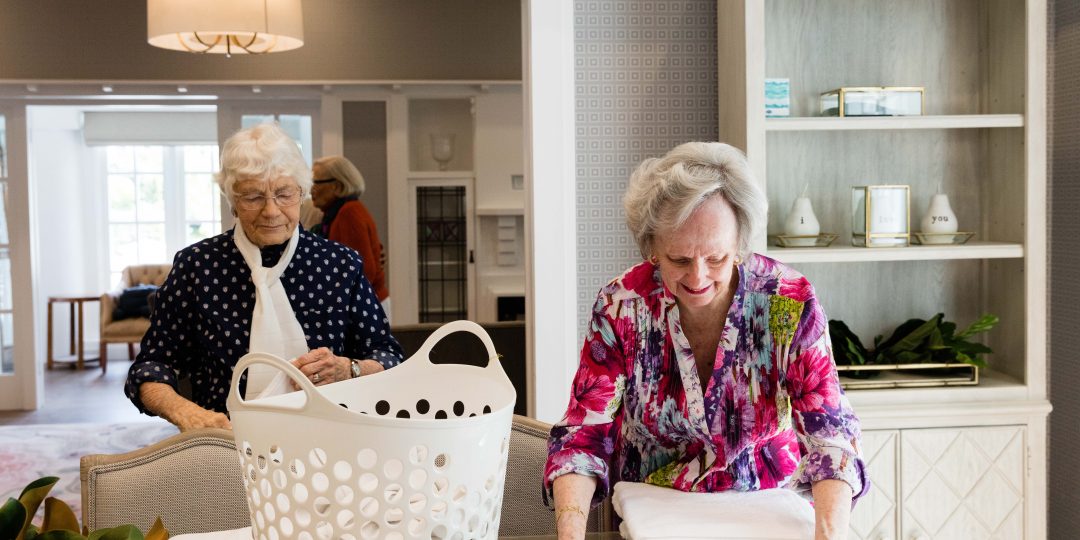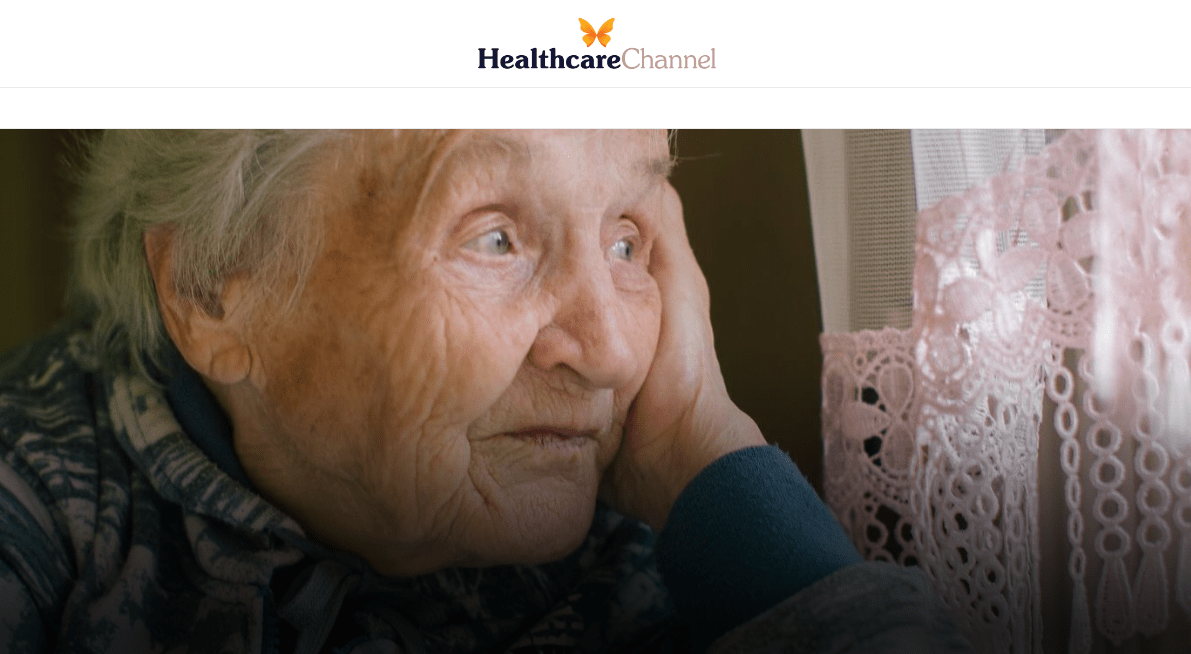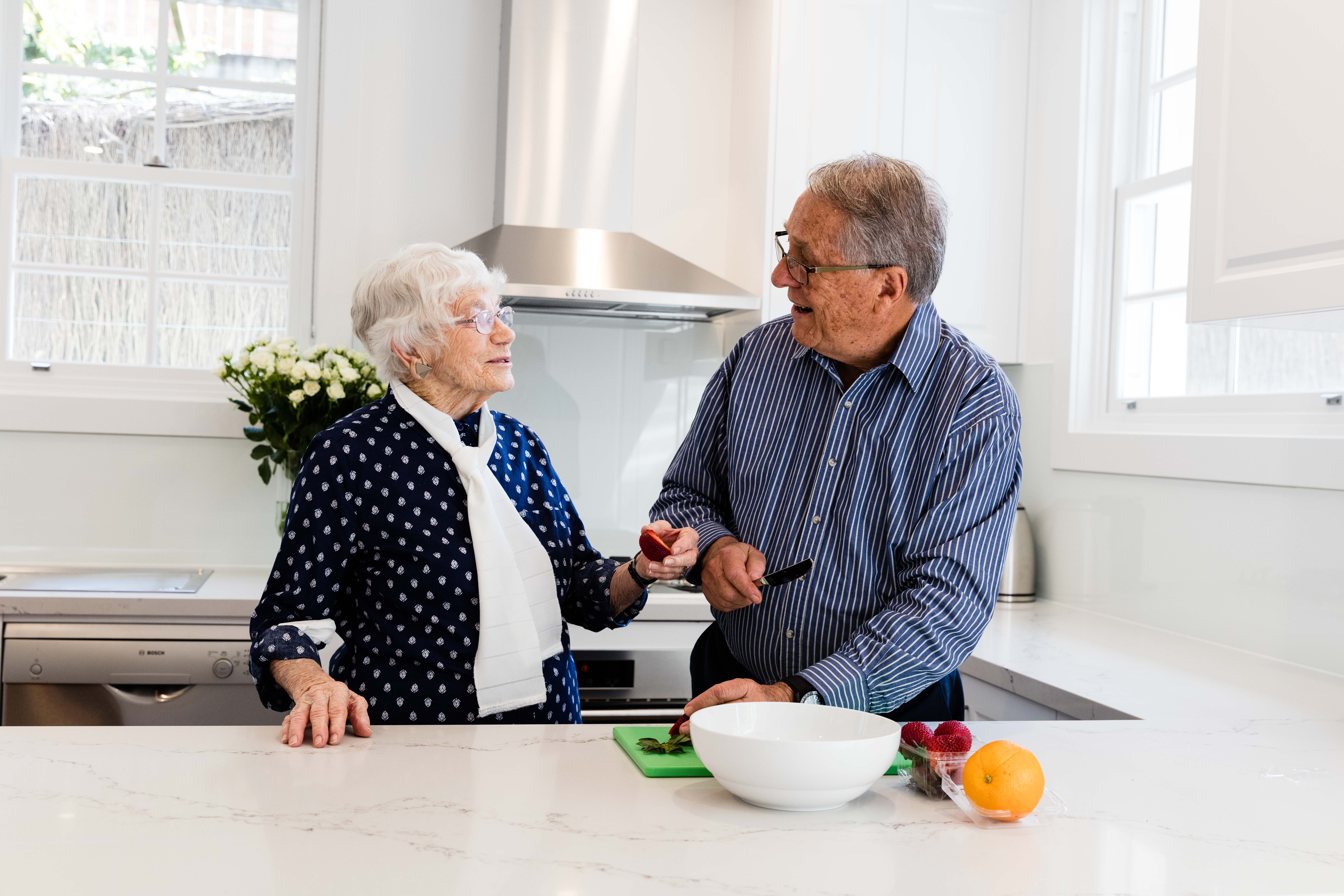A person living beyond a diagnosis of dementia does not have to give up the activities that he or she loves. Many activities can be adapted to the person’s ability to help them flourish. Purposeful and meaningful engagement can help reduce unmet needs, like agitation, distress, boredom, under stimulation and aggression. Purposeful engagement allows a person to feel relevant and valued, reminds them of things they used to enjoy doing, takes them back to a time where they felt joy and pleasure, and allows them to experience cherished moments throughout their day.
Choosing purposeful and meaningful engagement/activities
You may notice, in the early stages of dementia, the person may withdraw from things they previously found purposeful, like reading books, meeting up with friends or going for walks. Having an open discussion around any concerns and making slight adjustments can make a difference. For example, a large social gathering may be overwhelming, but the person may be able to interact better in a smaller group. Walking has more benefits than just the exercise, so turn it into a social interaction, by arranging walks with one other family member or a friend. Books can be tricky, because if the person is living with short term memory loss, they may not be able to remember the story line, and so they may lose interest in books. You can try, audiobooks or shorter stories, but reading and comprehension can be a challenge.
A few things to keep in mind when you notice these changes:
- Keep the person’s skills and abilities in mind.
- Stick to engagement that is meaningful and purposeful to them.
- Explore activities that used to be meaningful when they were younger, like painting or gardening, and try and re-introduce these.
- It is important to remember that although many things are recommended to engage people living with dementia, like crosswords and sudoku, these activities may not be beneficial to everyone, and trying to introduce and learn new activities at this stage could be a challenge.
- Be ready to stand back, pause and try something different.
- Remain curious on what a person can still do, adapt, adjust and celebrate the moment.
Pay special attention to what the person enjoys. Take note when the person seems happy, anxious, distracted or irritable.
- Consider if the person begins activities without direction. Do they initiate discussion?
- Does he or she set the table before dinner or sweep the kitchen floor mid-morning? If so, you may wish to plan these activities as part of the daily routine.
- Be aware of physical limitations. Does he or she get tired quickly or have difficulty seeing, hearing or performing simple movements?
- Focus on enjoyment, not achievement. Find activities that build on remaining skills and talents. A professional artist might become frustrated over the declining quality of work, but an amateur might enjoy a new opportunity for self-expression.
- Encourage involvement in daily life. Activities that help the individual feel relevant, valued and part of the household — like choosing a recipe for dinner, and cooking it together — can provide a sense of success and accomplishment.
- Relate activity to work life. A former office worker might enjoy activities that involve organising, like sorting documents or mail, or making a to-do list. A former gardener may take pleasure in working in the garden.
- Look for favourites. The person who always enjoyed drinking coffee and reading the newspaper may still find these activities enjoyable, even if he or she is not able to completely understand what the newspaper says. Some people enjoy watching sports, while others may be frightened by the pace or noise.
- Consider time of day. Caregivers may find that they have more success with certain activities at specific times of day, for example, concentration may be better in the morning.
- Adjust activities to the stages and phases of the persons journey. As the disease progresses, you may want to introduce more repetitive tasks. Be prepared for the person to take a different role in the activity.
If we can assist with answering any further questions, please don’t hesitate to contact our Resident Relations Manager for support on 1300 015 406 or email Group Homes Australia Home Support Office. The Group Homes Australia (GHA) care model is firmly built on the belief that people living with dementia thrive in a home environment. GHA homes are ordinary homes, on ordinary suburban streets, where 6 to 10 residents live together. Residents have 24-hour care, provided by a team of staff that we call ‘Homemakers’.







0 Comments